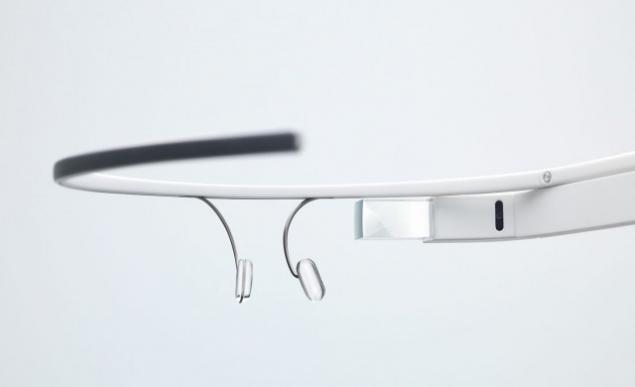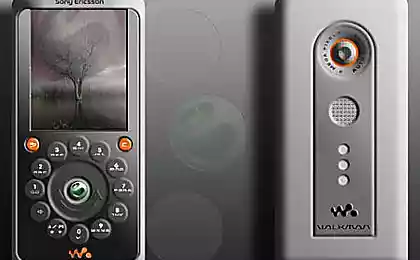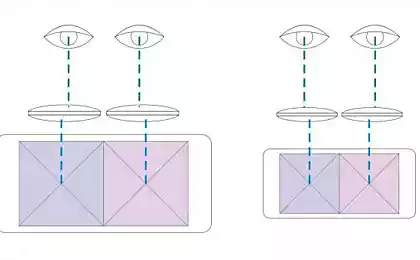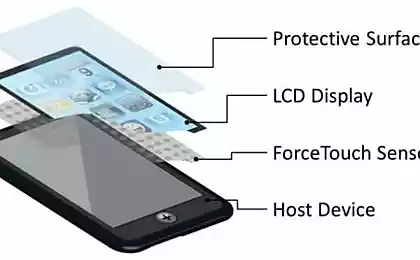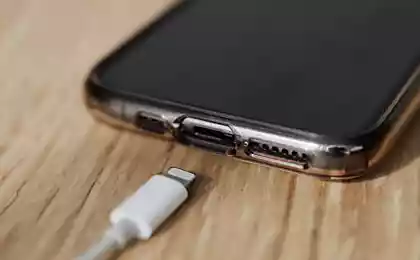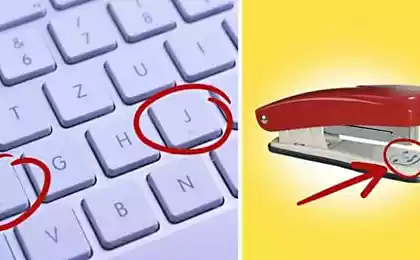736
"Sverhsvyaz" Why do we no longer keep your eyes on the phone screen
The technologies that we menyayutProydites of any major city and you'll see a lot of people looking at screens or talking on the phone. Does this mean that we have changed? Tom Chatfield is trying to understand.
A group of people standing near the monument, and they are unaware of each other's existence. Woman with open mouth goes on a busy street, with his hand on his heart. These are just a couple of moments, was captured by photographer Josh Pullman in his new series of works titled "Somewhere else».
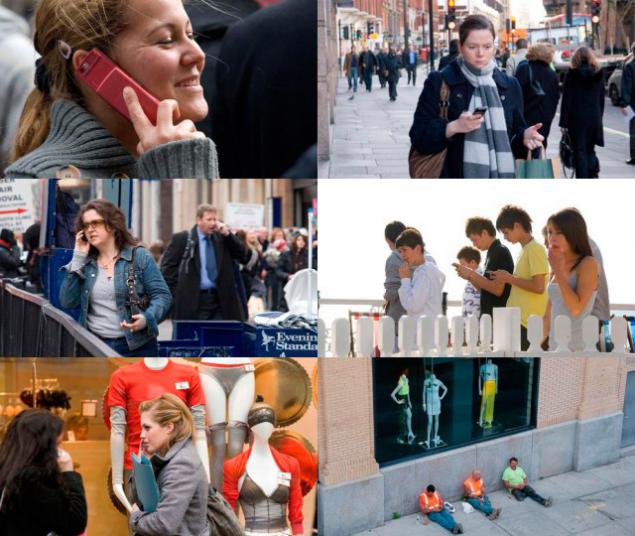
almost every street in every city in the world you will meet people who speak on the phone. A few decades ago there was nothing like that. And we have long been accustomed to the fact that stand next - does not mean to share experiences.
Wherever we go, we carry with them a lot far more tempting options than the place in which we currently are: we have access to friends and family, to news, to celebrities, to work and leisure, media and rumors .
So do not be surprised that people in the photos Pullman overflowing emotions.
We are free only if "freedom" - the right word to describe the stimulation of the brain and radio waves to allow distractions at any time.
Pullman himself wondering:
"If two people are on the street together, and each of them with someone on the phone, whether or not they together? And as others affected by the emotions exhibited by these people - for example, anxiety, anger or joy »?
To be human means to seek relations. Could this desire to betray us? Is it possible to become "superbound", and if so, how will this affect our future?

The emergence telefonovTelefony since the invention are engines of social upheaval and alarming. Imagine the look telephony in the 19th century: many kilometers of wires hanging on poles along the main roads. And then came the wire in every home. So sacred home for human connect to this new kind of human interaction.
«In relation to each other, we become more like clots of transparent jelly» h4> The Telegraph at the time had already given the world something wonderful: the messages transmitted at the speed of the current. But the phone is fundamentally different from the Morse code, with its dots and dashes. It was a real human voice, emerging from the ether.
A group of people standing near the monument, and they are unaware of each other's existence. Woman with open mouth goes on a busy street, with his hand on his heart. These are just a couple of moments, was captured by photographer Josh Pullman in his new series of works titled "Somewhere else».

almost every street in every city in the world you will meet people who speak on the phone. A few decades ago there was nothing like that. And we have long been accustomed to the fact that stand next - does not mean to share experiences.
Wherever we go, we carry with them a lot far more tempting options than the place in which we currently are: we have access to friends and family, to news, to celebrities, to work and leisure, media and rumors .
So do not be surprised that people in the photos Pullman overflowing emotions.
We are free only if "freedom" - the right word to describe the stimulation of the brain and radio waves to allow distractions at any time.
Pullman himself wondering:
"If two people are on the street together, and each of them with someone on the phone, whether or not they together? And as others affected by the emotions exhibited by these people - for example, anxiety, anger or joy »?
To be human means to seek relations. Could this desire to betray us? Is it possible to become "superbound", and if so, how will this affect our future?

The emergence telefonovTelefony since the invention are engines of social upheaval and alarming. Imagine the look telephony in the 19th century: many kilometers of wires hanging on poles along the main roads. And then came the wire in every home. So sacred home for human connect to this new kind of human interaction.
